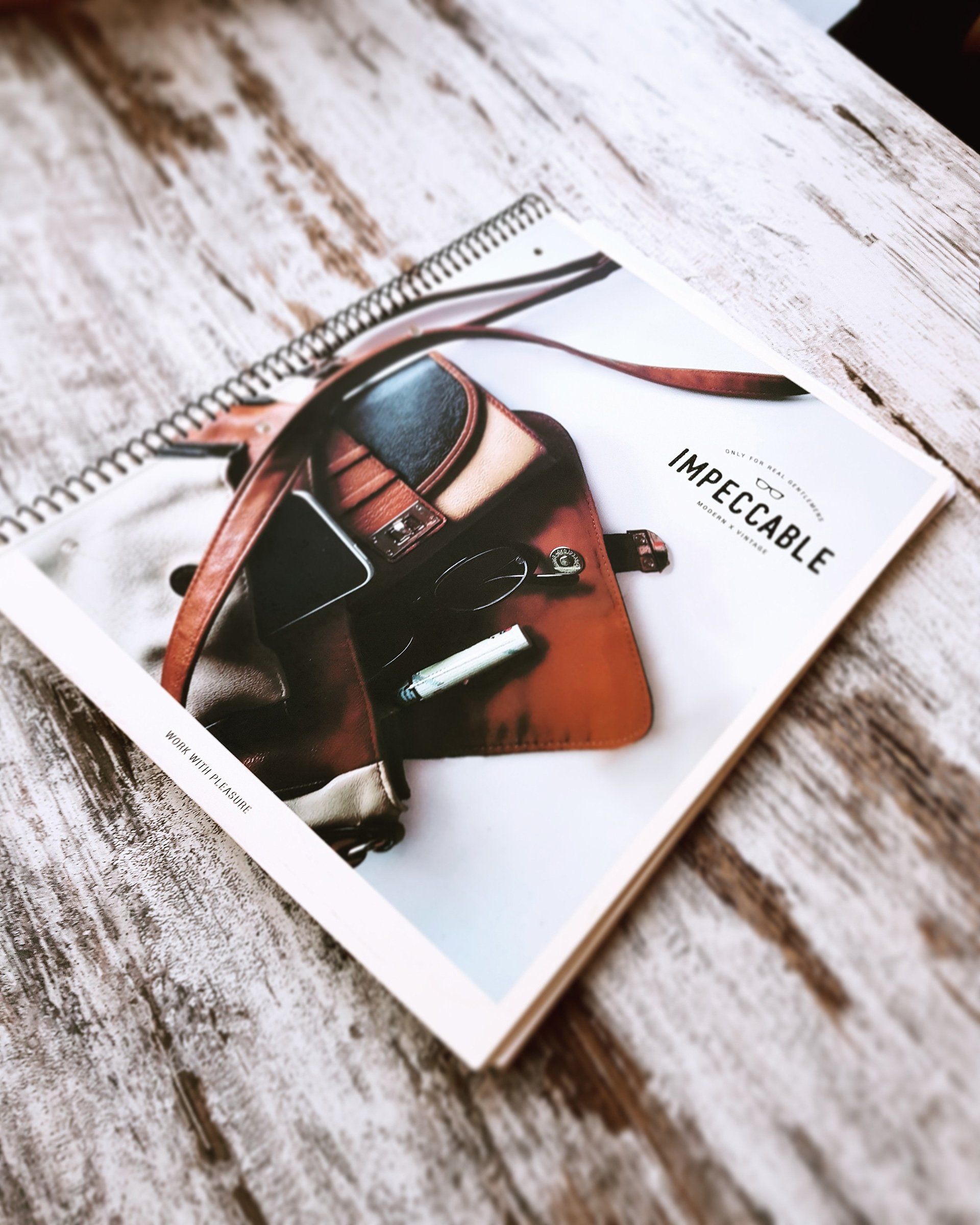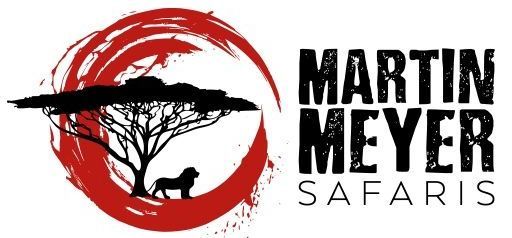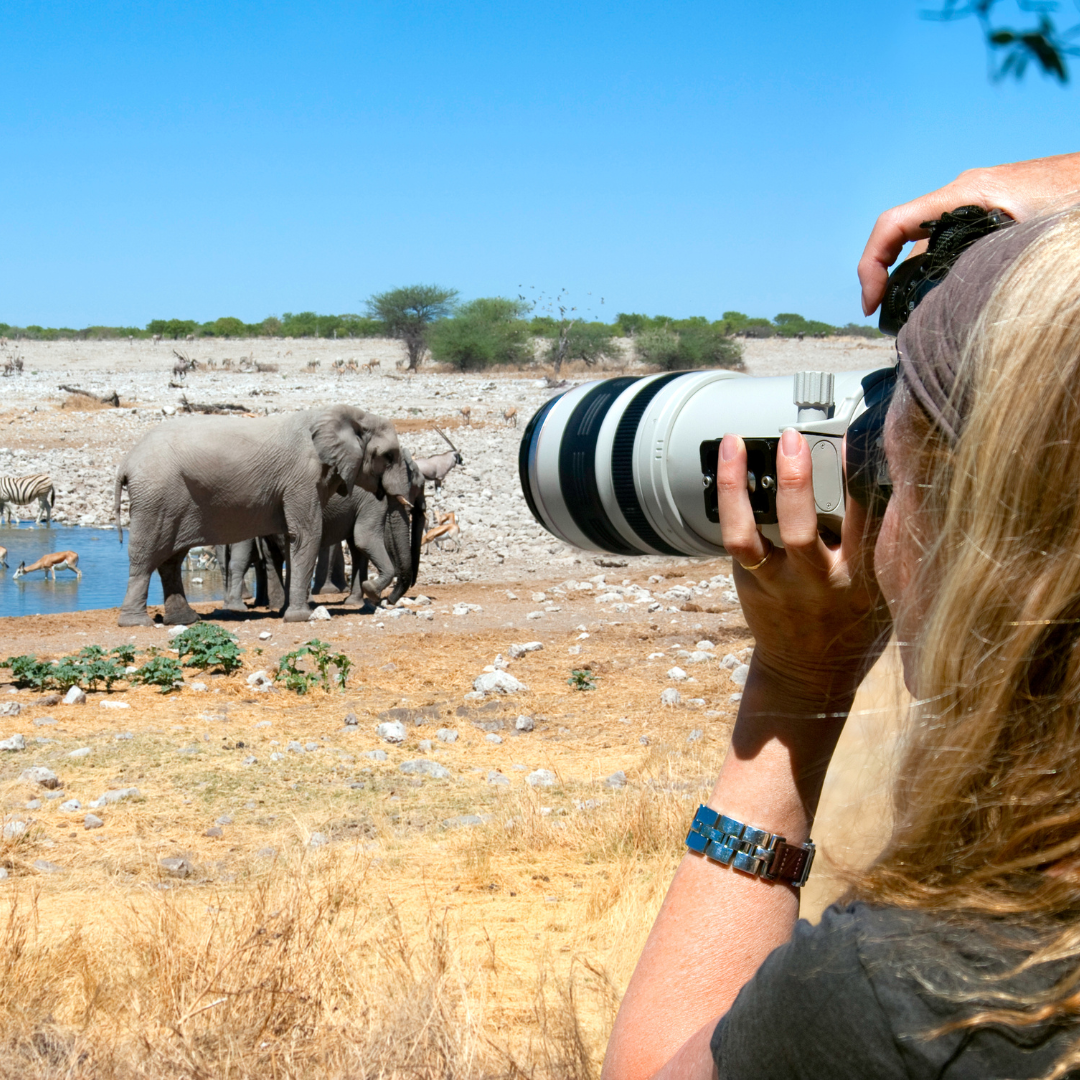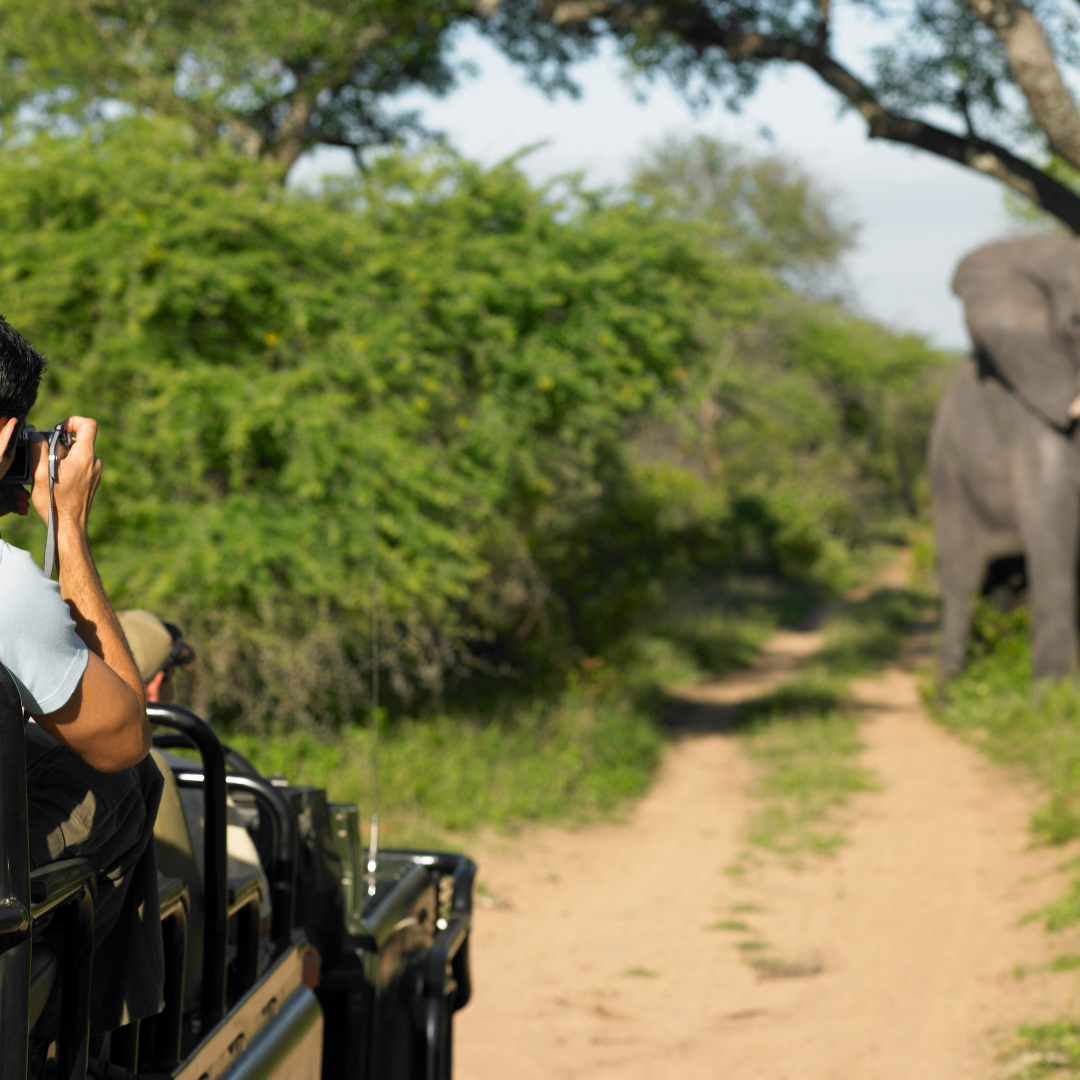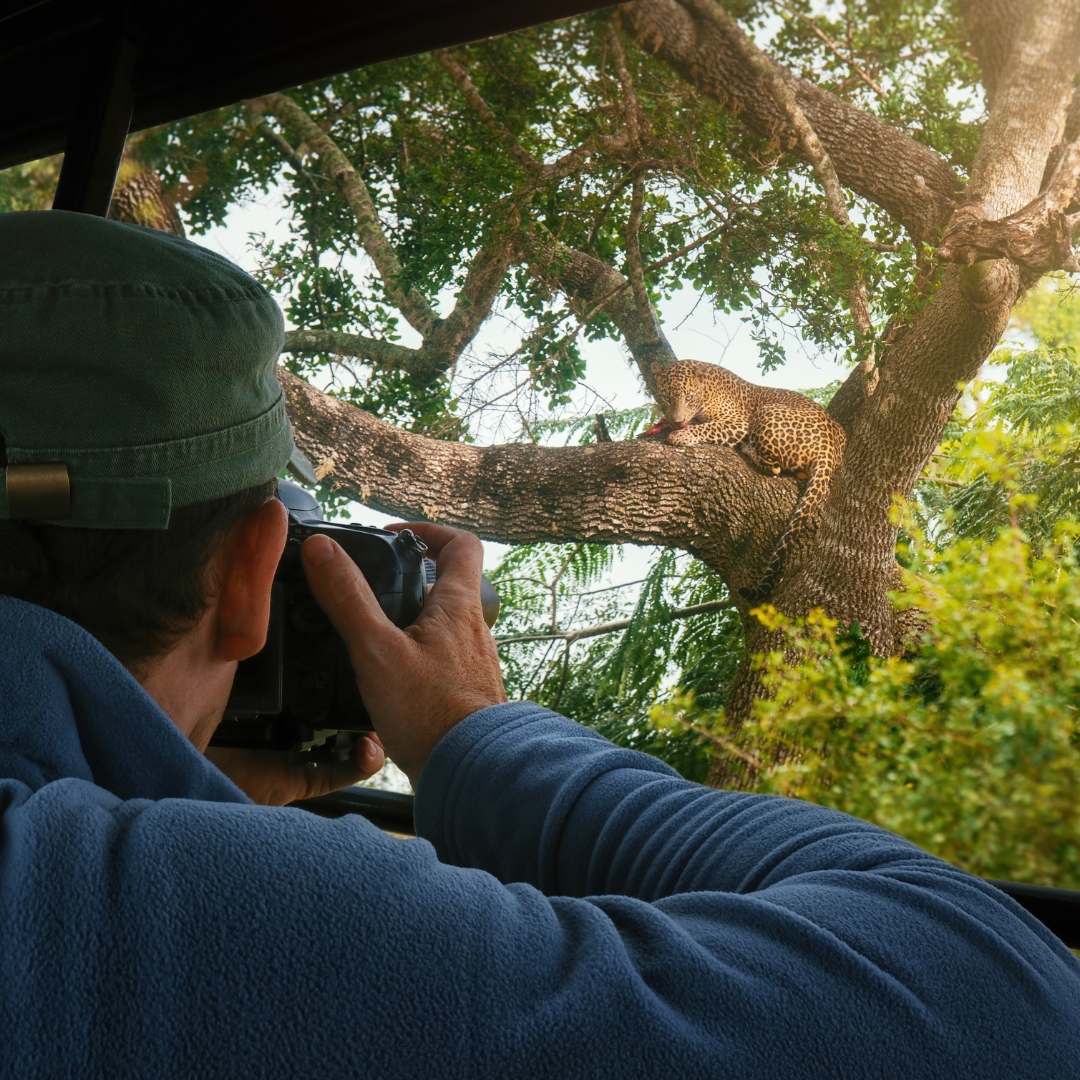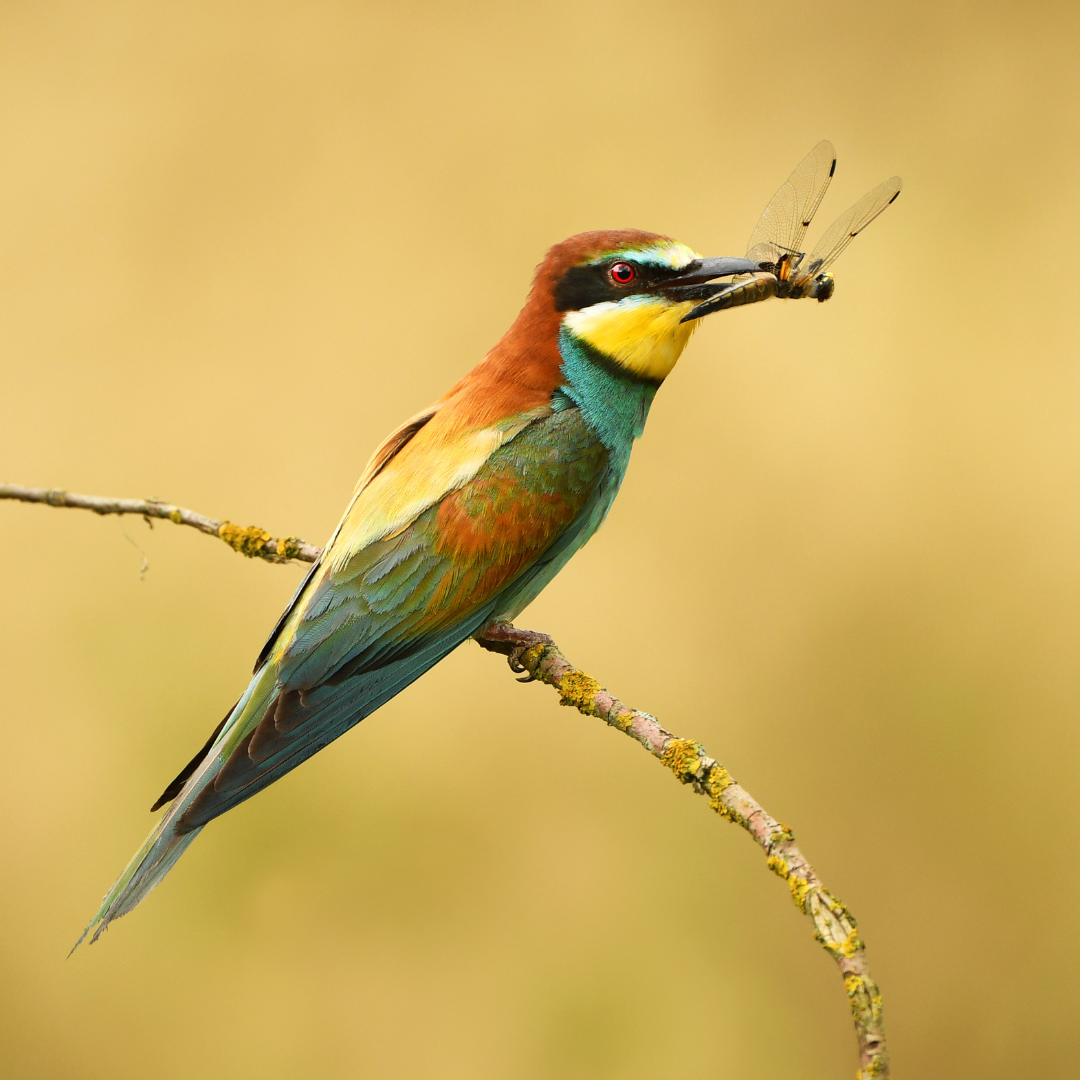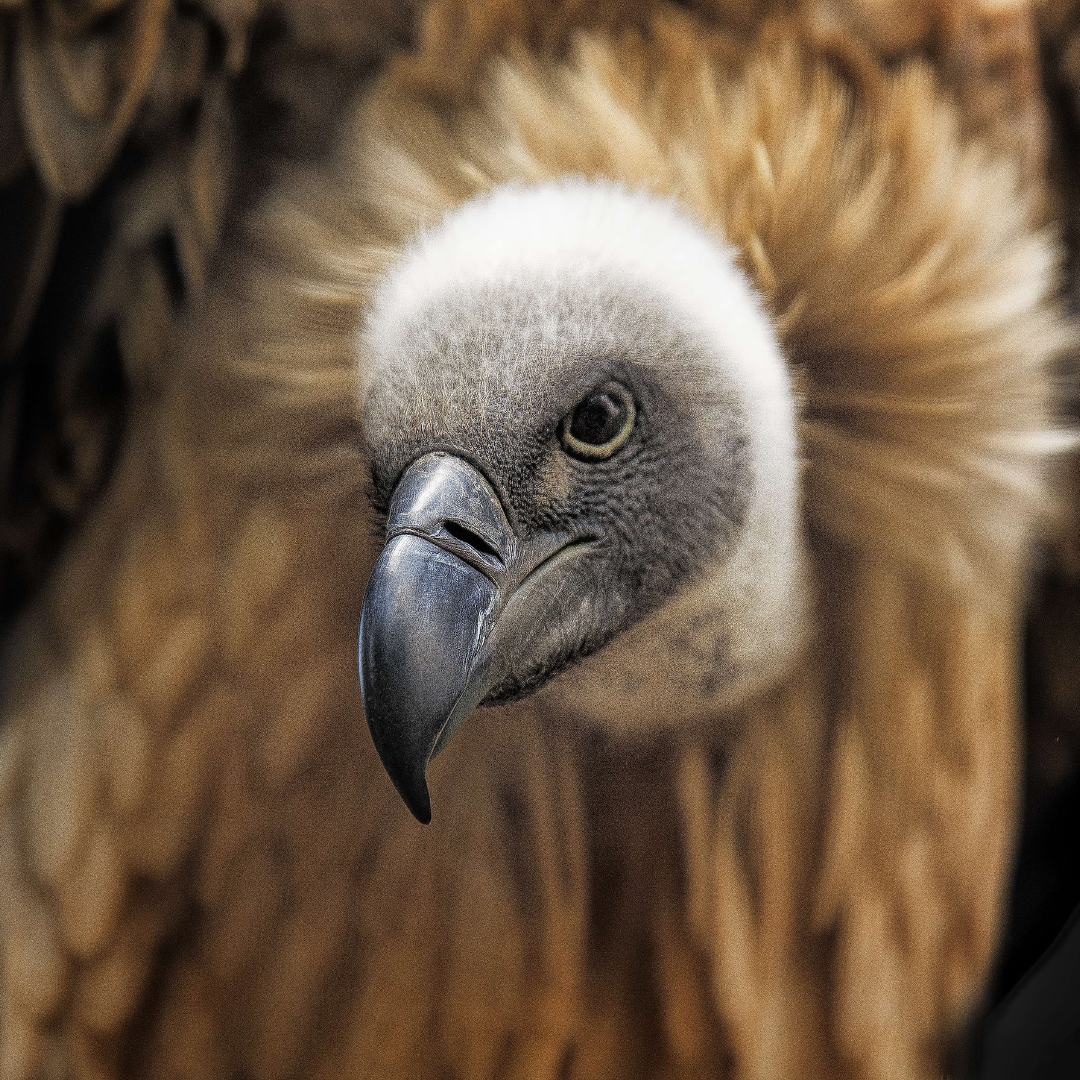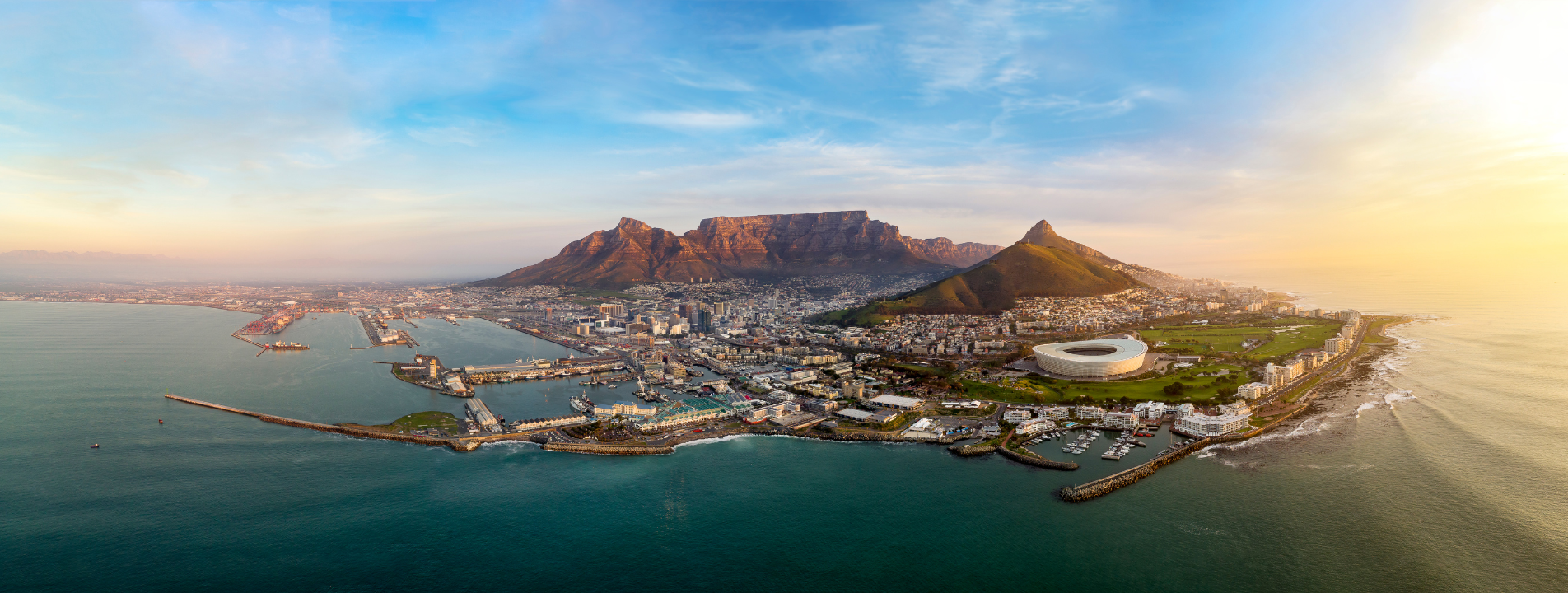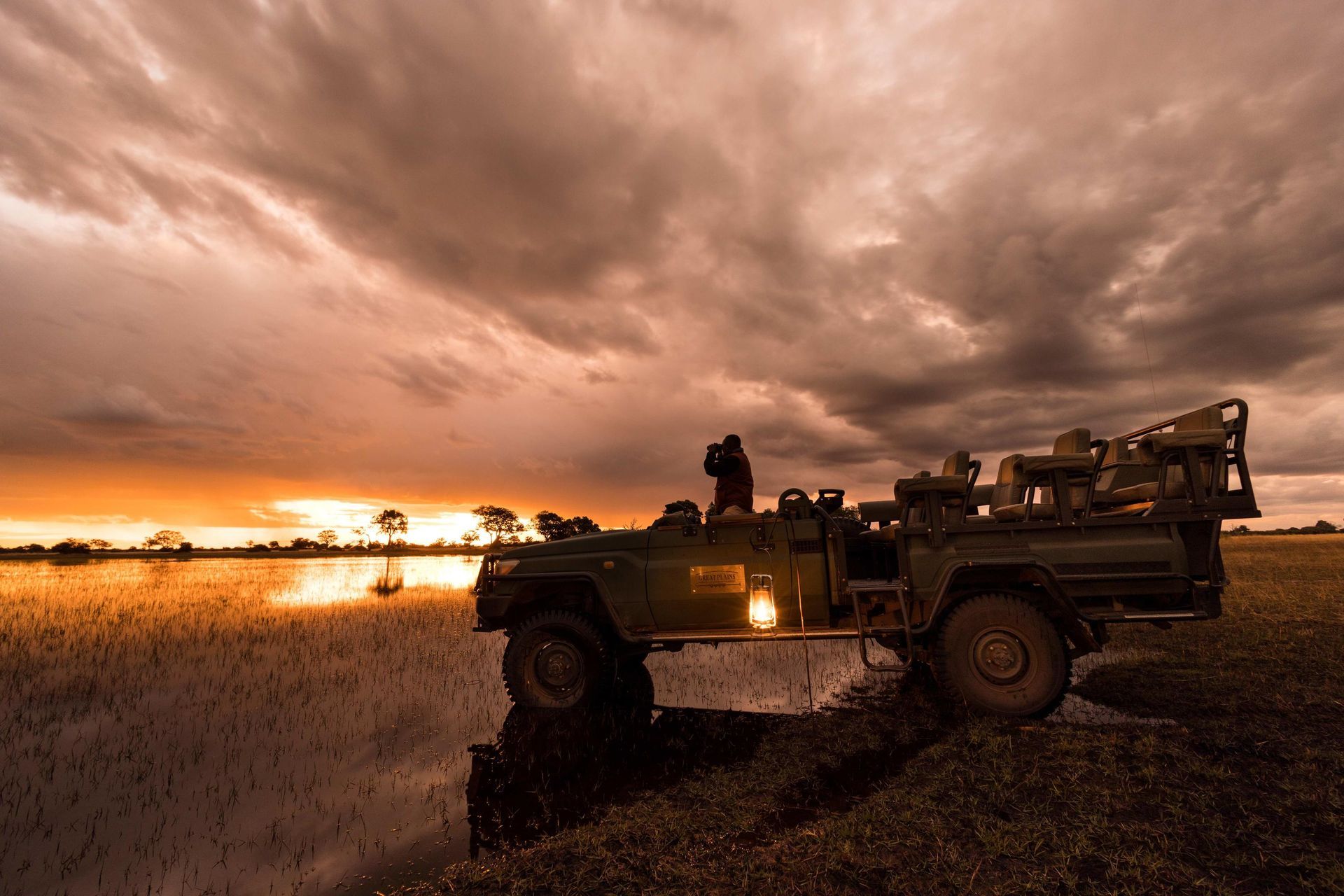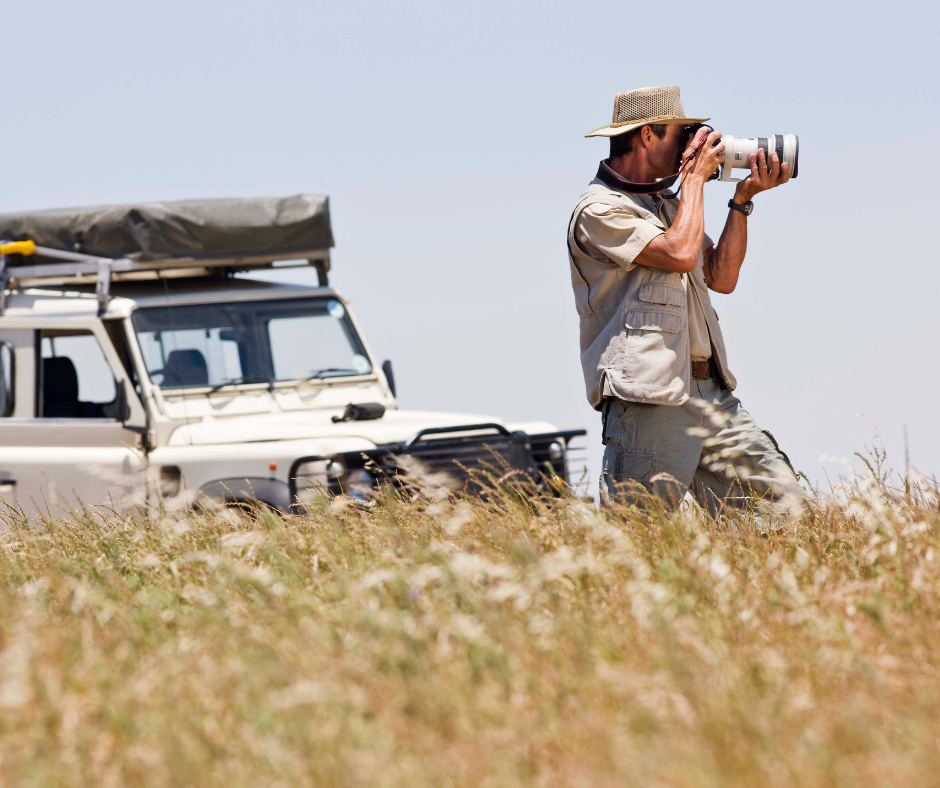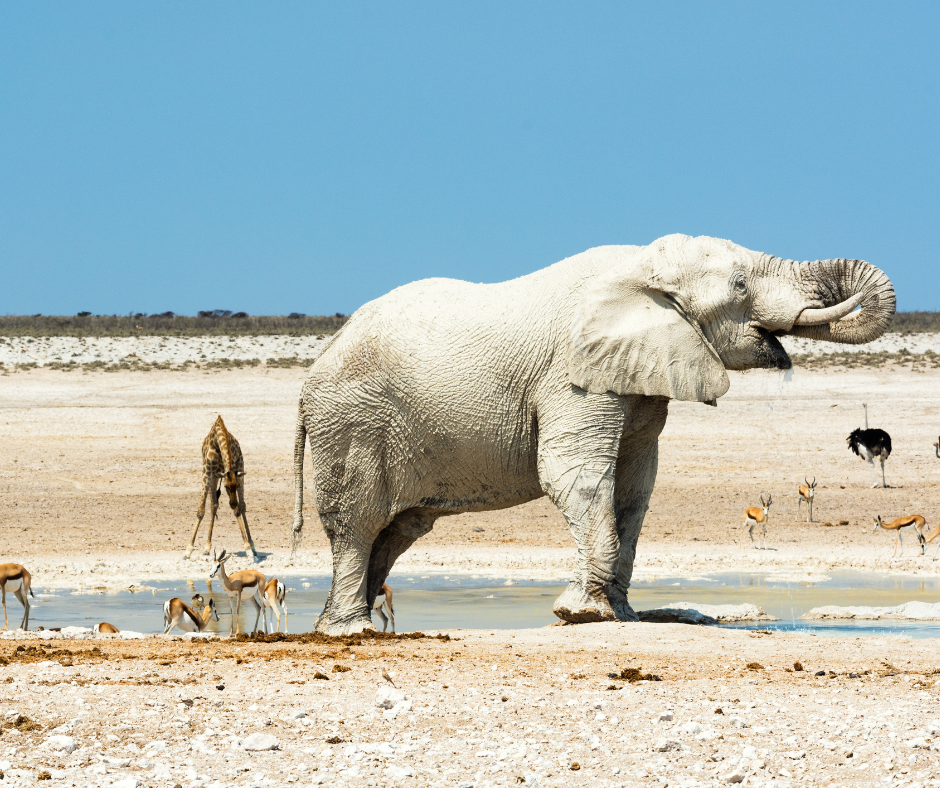7 Best tips for your next African Photographic Safari
Wildlife. Light. Lens. Magic.
An African photographic safari is more than just a holiday—it’s an immersion into the wild heart of the continent, where every moment holds the potential for an extraordinary image. Imagine capturing the golden light of dawn over the savanna, locking eyes with a lion through your lens, or freezing the powerful leap of a leopard mid-hunt. These aren’t just photographs; they’re stories you’ll carry for a lifetime.
So, what makes a photographic safari truly exceptional? Here’s what you can look forward to:
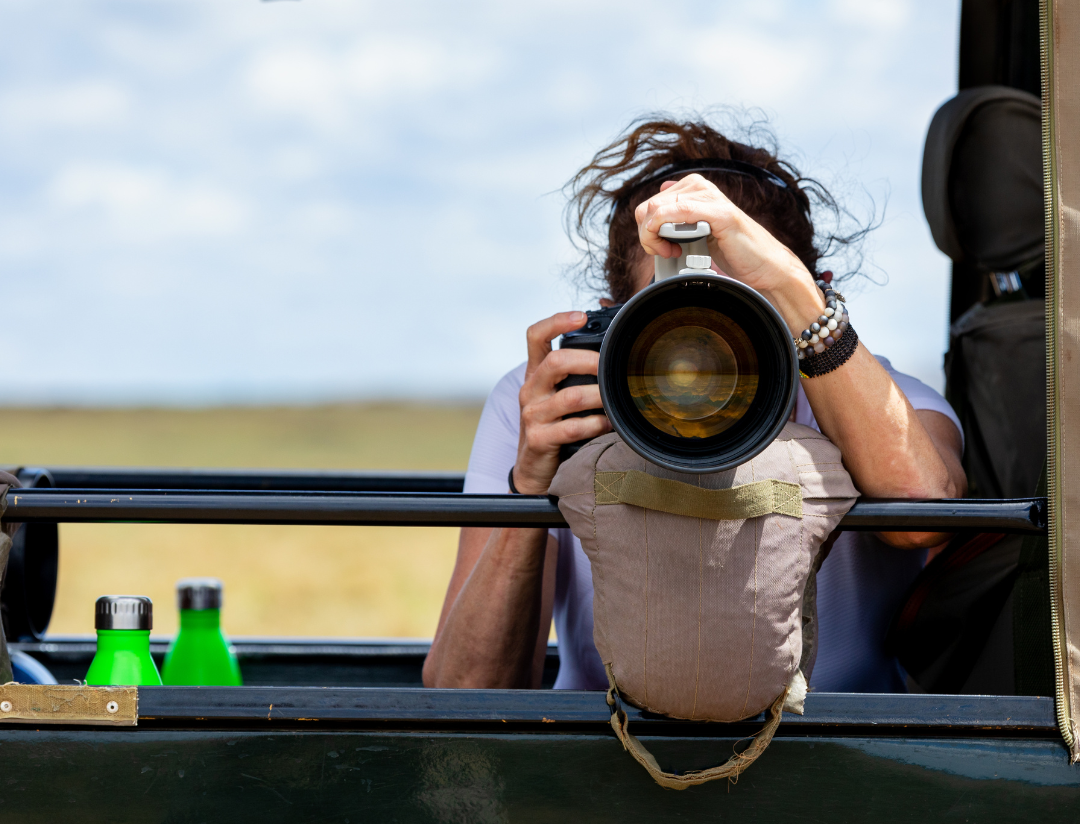
5 Key Takeaways
- Choose the Right Gear – Bring a DSLR with a telephoto lens, a tripod or beanbag, and extra memory cards for the best results.
- Start Early & Travel Light – Early mornings and long days are part of the adventure, with small groups enhancing creativity.
- Learn from the Experts – Specialist guides help with camera settings, composition, and editing to elevate your photography skills.
- Look Beyond the Big Five – Capture birds, insects, plants, and landscapes to tell a richer visual story.
- Time Your Trip Well – Peak seasons are ideal but busy—shoulder seasons can deliver incredible images with fewer crowds.
What equipment do I need for an African Photographic Safari?
First and foremost, you will need a good camera with a telephoto lens. This will allow you to get close-up shots of animals without disturbing them. You will also need a tripod to help stabilise your camera, a beanbag also helps, but many of the lodges provide these for guests to lighten the packing load.
A DSLR camera is a must-have for anyone serious about wildlife photography, and there are a few things to consider when choosing the best DSLR camera and lens for an African photographic safari. The first thing to consider is the type of DSLR camera you want. There are two main types of DSLR cameras - full-frame and crop-sensor. Full-frame DSLR cameras have a larger image sensor, which means they can capture more light and detail. However, they are also more expensive. Crop-sensor DSLR cameras have a smaller image sensor, but they are more affordable.
The next thing to consider is the lens. You'll want to choose a lens that is suitable for the type of photography you'll be doing on your safari. For example, if you're planning on photographing wildlife, you'll need a lens that can zoom in on your subject. But if you're more interested in landscape photography, you'll need a wide-angle lens. Ultimately, the right lens for you will depend on your specific needs and interests.
Lastly, and most importantly - storage space and back up memory cards - you can easily shoot upwards of 300 images on a single drive and you don't want to run the risk of losing an image.
Once you've chosen the right camera and lenses, it's time to start planning your safari. It's important to do your research ahead of time so you can choose the best location and time of year to see the wildlife you're hoping to photograph.
What can I expect on an African Photographic Safari?
An African Photographic Safari is a once-in-a-lifetime experience that will stay with you forever. From the moment you arrive in Africa, you will be immersed in a world of natural beauty, wildlife, and culture.
- You'll need to be prepared for long days and early mornings, as most wildlife sightings happen early in the day.
- You’ll be travelling in a small group, so you’ll have plenty of opportunities to get to know your fellow photographers and share tips and tricks.
- Your specialist Photographic Safari Guide - will be on hand to assist you with adjusting your camera settings, as well as giving tutorials on how to work with the sometimes harsh African Sun.
- Our Specialist Photographic Guides, are also experts at navigating Photoshop, Lightroom etc and are happy to share their knowledge with you
- Most safaris focus largely on the "Big 5", however history has taught us that keen photographers are also happy to focus on the smaller creatures, birds, plants and landscapes that form a vital role of the eco-system you are visiting.
- The people on your African Photographic Safari, are likely to become lifelong friends, as you share a common passion and love for photography and wildlife
What are the benefits of going on an African photographic safari?
A safari is a way to disconnect from the outside world, and reconnect with nature. A Photographic Safari is a way to explore and develop your passion with like-minded individuals in a magnificent setting. All of our Photographic Guides are keen photographers themselves, that live and work in the Bushveld, which means that they take wildlife photos every single day. They know their way around camera settings, but also how best to position you to get that award-winning bucket list shot that you have been dreaming of your whole life.
An African photographic safari is also a wonderful way to expose yourself to a variety of landscapes, lifestyles and cultures as you traverse and encounter people from all walks of life.
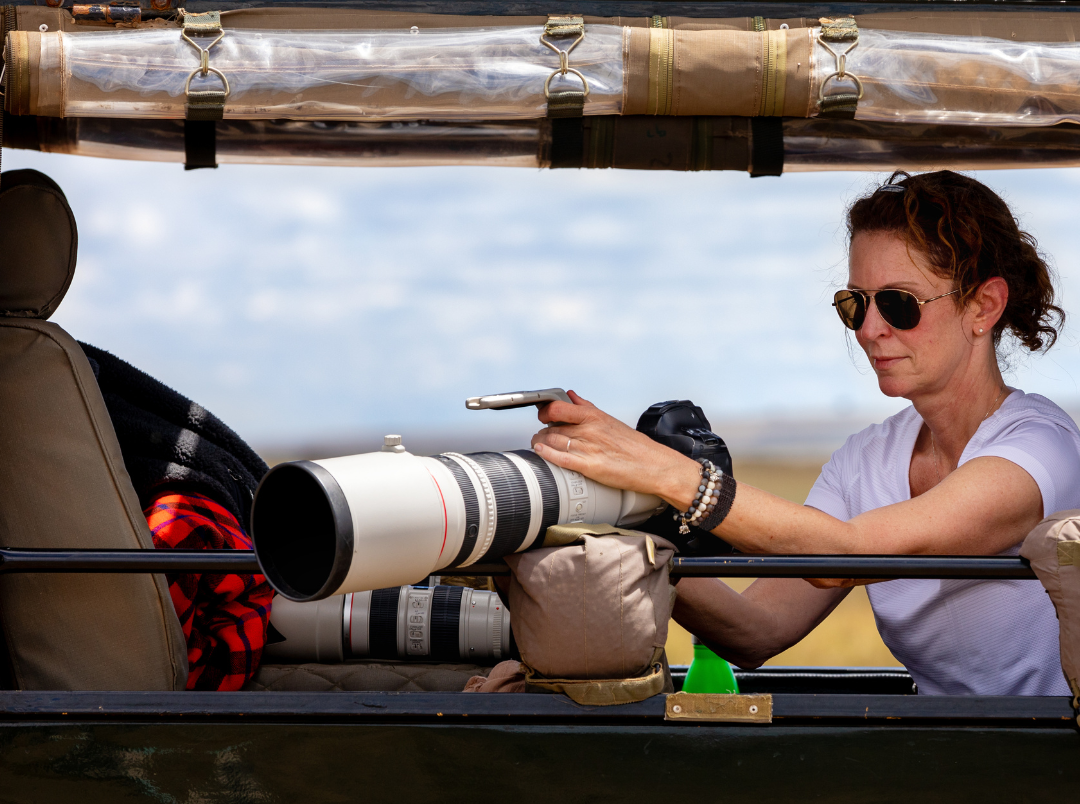
What should you wear on an African photographic safari?
When going on safari, it is important to dress appropriately. This means wearing clothing that is comfortable, loose-fitting, and light-coloured. You should also wear closed-toed shoes and a hat to protect yourself from the sun. Safari clothing is typically made from natural fibres like cotton or linen, which will help you stay cool in the hot safari sun.
So what should you pack for your safari adventure? A good safari wardrobe includes items like loose-fitting pants, a long-sleeved shirt, a hat, and closed-toed shoes. If you want to be extra prepared, you can also pack a light jacket or a scarf for cool evenings.
How to prepare for an African photographic safari?
The first thing you need to consider is the time of year you that are able to travel. Generally, the winter months provide better visibility of the animals you hope to photograph, but in many regions in southern Africa, this coincides with the dry season, which leaves the surrounding bushveld a dreary brown colour.
The winter months are considered peak game viewing season, which means that pricing for accommodation is at a premium.
The summer months provide a lush backdrop for wildlife photography, yet finding animals can be a bit trickier due to the thick bush, but with our expert guides you can navigate around this and still get the opportunity to capture great images.
Personally, our team of guides prefer the shoulder seasons between Summer and Winter to host our African Photographic Safaris - this gives you the best of both worlds, and most importantly gives our guests the most affordable options in terms of accommodation - meaning you can spend more time on the ground, capturing Africa at its best.
With a little planning and preparation, you can have the African photographic safari of a lifetime!
How much does an African Photographic Safari Cost?
There are many factors that determine the overall cost of your safari. Specialist Photographic Guides charge daily rates between US$ 120 - US$ 500, having a few people in your group can go a long way in sharing these costs. The second thing to consider is the time of year, peak wildlife periods are generally more expensive than the off-peak periods. The best thing to do is to speak to one of our expert consultants that can guide you along the process - for example, if you have your heart set of Photographing the Great Migration and River crossings, you would need travel between June & September to give yourself the best opportunity, this is however considered peak period in the Masai Mara, and you can expect to pay top dollar.
That said and done, there are many wonderful photographic experiences in different countries that can be tailor-made around your shot-list, budget and time available on the ground.
To sum it up you need to go on an African Photographic Safari!
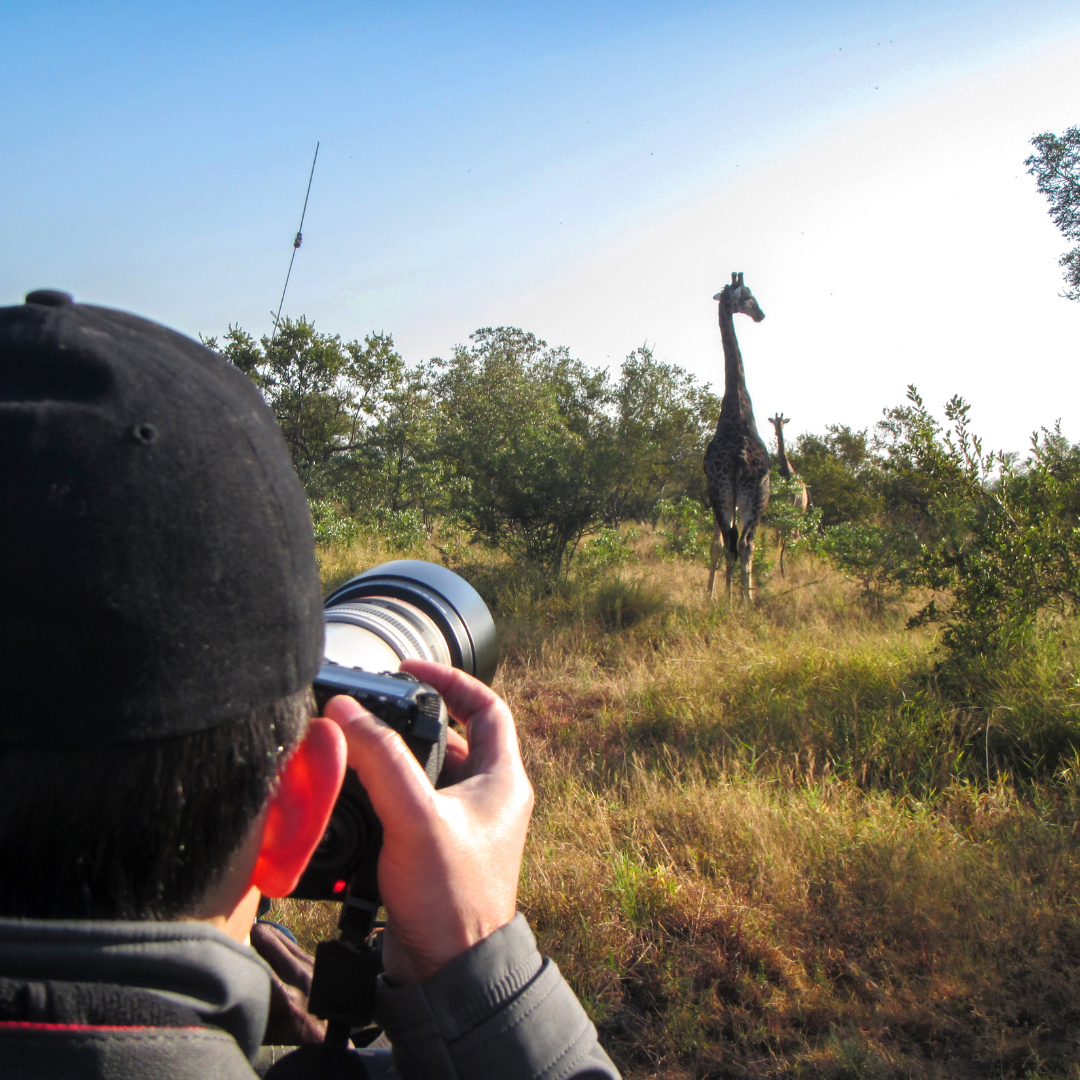
If you are a keen photographer, an amateur or a pro - an African Photographic Safari is a life-changing experience. Photography is an art form in itself, and the way you see natural beauty through your viewfinder is very different to the person sitting next to you. Art is subjective, and our Photographic guides are experts in their field - understanding the subtle nuances that come with the art of photography.
Due to our excellent reputation and standing within the Safari Industry and the professional nature of our Specialist Photographic Guides, our guests are afforded a host of opportunities and most importantly, time to spend photographing and honing their skills.
A photographic safari in Africa is an excellent way to see a variety of different wildlife in their natural habitat. You will have the opportunity to photograph lions, leopards, elephants, giraffes, and many other animals in their native environment.
A safari is also a great way to learn about the culture and history of Africa. You will have the opportunity to visit different villages and meet the people who live there. You will learn about the customs and traditions of the people you meet, and you may even have the chance to participate in some of the activities yourself.
Get in touch with us below, to start the planning process - you won't regret it!
Contact Us
Have you always dreamed of going on safari but don't know where to start ?
We offer a complimentary 1 hour safari consultation call to simplify the process.

